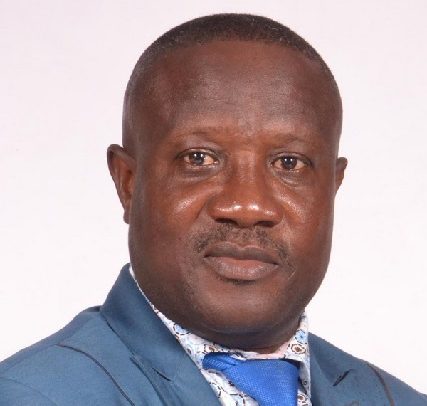
A study conducted by the Centre for Decentralisation Advocacy (CeDA), has revealed that of the 18,755 contenders vying for positions in the District Assembly Elections, a total of 8,846 are associated with the governing New Patriotic Party (NPP) while another 8,474 candidates lean towards supporting the National Democratic Congress (NDC).
The 18,755 individuals have submitted their candidacy as assembly members hopeful, for a total of 6,215 electoral areas nationwide, as scheduled by the Electoral Commission (EC).
The CeDA, from September 11, 2023, began investigating whether or not assembly elections are genuinely non-partisan. Additionally, the organisation examined the extent to which a nominee’s political affiliations impact their likelihood of succeeding in these contests. The study finally explored the covert and overt actions taken by political parties to influence candidate success rates.
According to the study, only 1,435 contenders have no political affiliation or are associated with different parties. Highlights of CeDA’s research indicate that the colour scheme used in campaign posters tacitly conveys the political party affiliation of contestants and that citizens are able to decipher these coded communication tools adopted by candidates and their parties, with ease.
The study finds that around 65 per cent of the contenders already hold political party positions at the electoral areas level. Among these, a few are Electoral Area Coordinators and Polling Station Executives affiliated with NPP, while others serve as Branch and Ward Executives for NDC.
The study indicates that the District Assembly Elections are heavily influenced by the major political parties, namely NPP and NDC, and that candidates are chosen by the major political parties through elections held in different electoral regions.
Members of Parliament, from the respective major parties offer practical assistance to their preferred candidates, in the form of monetary contributions, poster placements, street lighting installations and even garbage bin donations, according to the study.
It would be recalled that in the 2019 State of the Nation Address, President Nana Akufo-Addo unveiled an ambitious plan to democratise local government, through the partisan election of Metropolitan, Municipal, and District Chief Executives (MMDCEs). Despite initial enthusiasm and widespread support from various quarters, the journey towards realisng this vision took an unexpected turn when the President cancelled the December 17 national referendum, attributing the decision to the absence of “a durable national consensus”.
The findings from CeDA’s study demonstrate that District Assembly Elections possess a political character, against some opinions stating otherwise.
The post NPP, NDC candidates dominate grass-roots contest – CeDA appeared first on Ghanaian Times.
Read Full Story
























Facebook
Twitter
Pinterest
Instagram
Google+
YouTube
LinkedIn
RSS